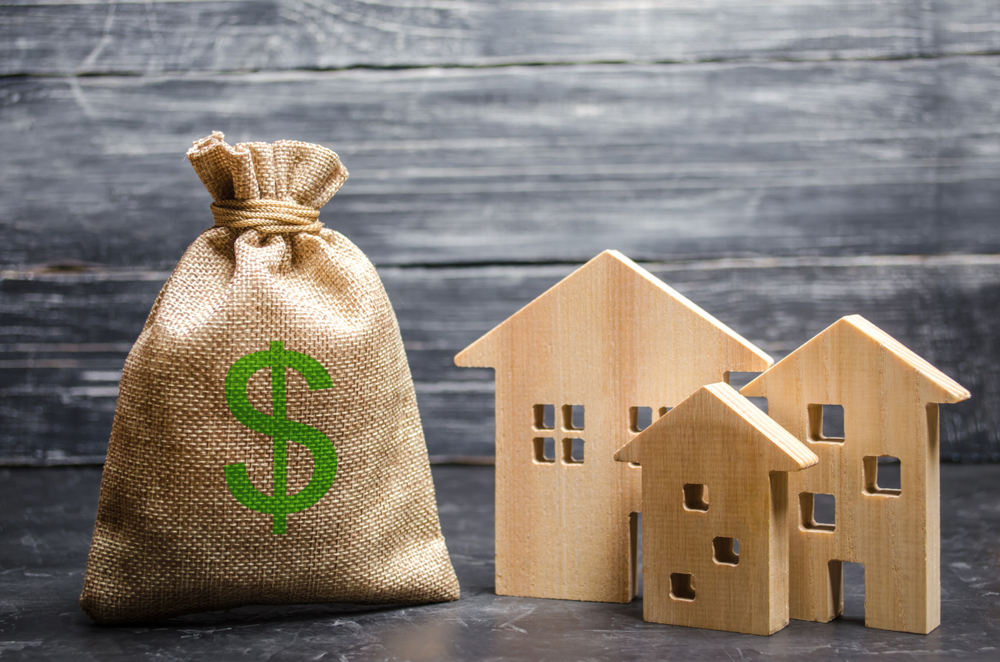
The PA House Local Government Committee approved Wednesday by a 22-1 vote a bill introduced by Rep. Robert Freeman (D-Northampton) to help municipalities that have high levels of tax-exempt property.
Examples of tax-exempt property that may impact municipalities include nonprofit medical facilities, colleges and universities, county and other government offices and state forests and game lands.
“Because of the effect tax-exempt properties have on the real estate tax base of several communities in the Lehigh Valley, and across Pennsylvania, affected municipalities often have difficulty providing the essential services expected from local government,” Freeman said. “By providing annual funding to these municipalities, we can enable them to fix and maintain infrastructure and to provide the essential services that ensure the health and safety of their residents.”
House Bill 1677 would create the Tax-Exempt Property Municipal Assistance Fund to assist municipalities in which 15 percent or more of the total assessed property is tax-exempt. Pennsylvania’s existing 18 percent Liquor Tax, known as the Johnstown Flood Tax, would provide the funding.
“The Johnstown Flood Tax was created to help Johnstown rebuild after it was devastated by a flood in 1936,” Freeman said. “That was a long time ago, and that money can be used to help other communities facing distress to regain financial stability. It’s time to target that money to municipalities that are struggling financially simply because they have significant amounts of tax-exempt properties within their boundaries. This legislation can help hundreds of communities across our commonwealth.”
The bill would require counties to provide the state with information annually regarding the assessed value of tax-exempt properties within the municipalities in the county. The funding formula would be based on the assessed value of those properties as if they were taxable. A single municipality could not receive more than 10 percent of the funding, and property owned by municipalities would not be eligible for assistance.
The bill now heads to the full House.